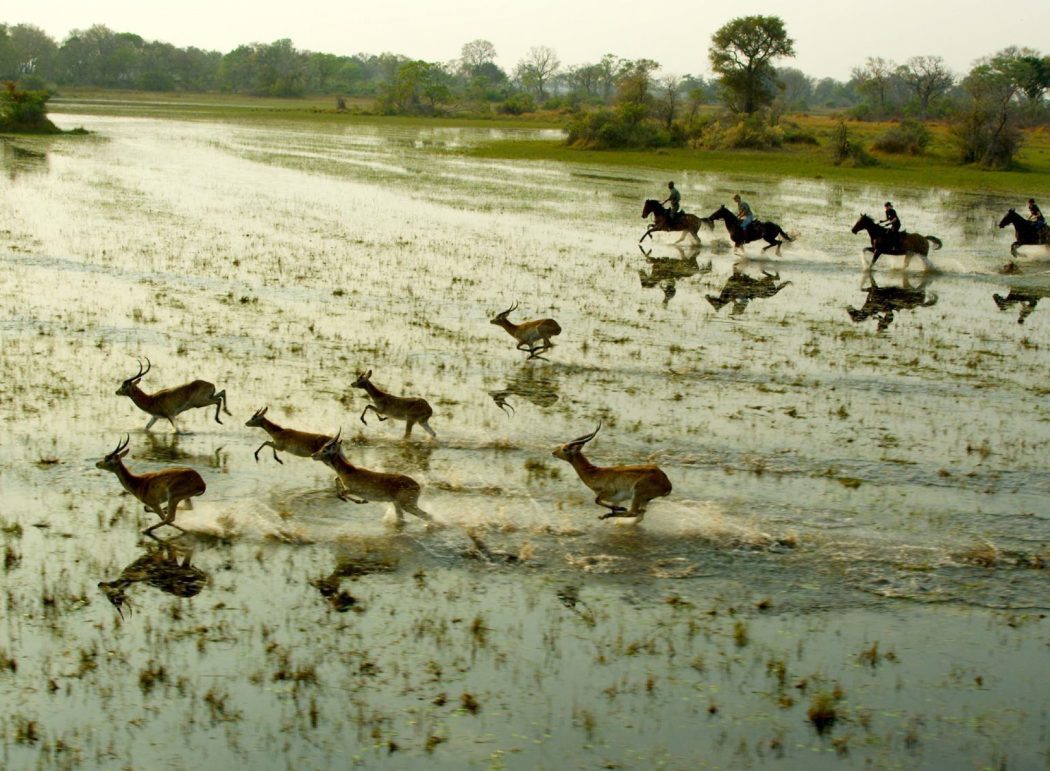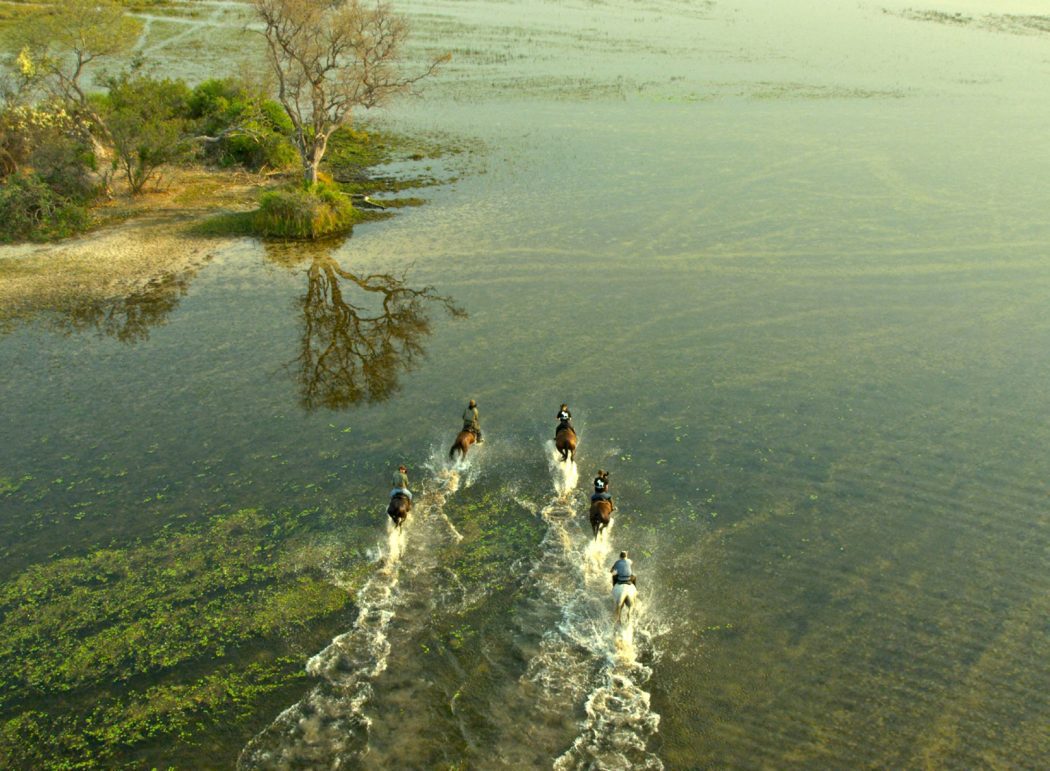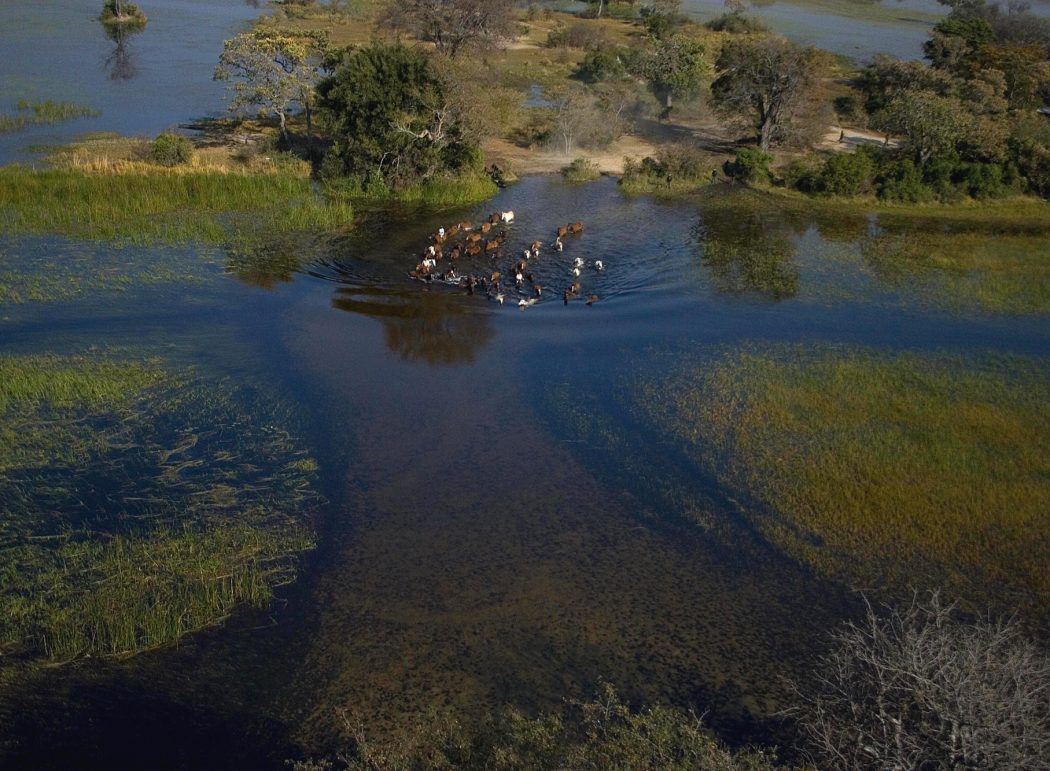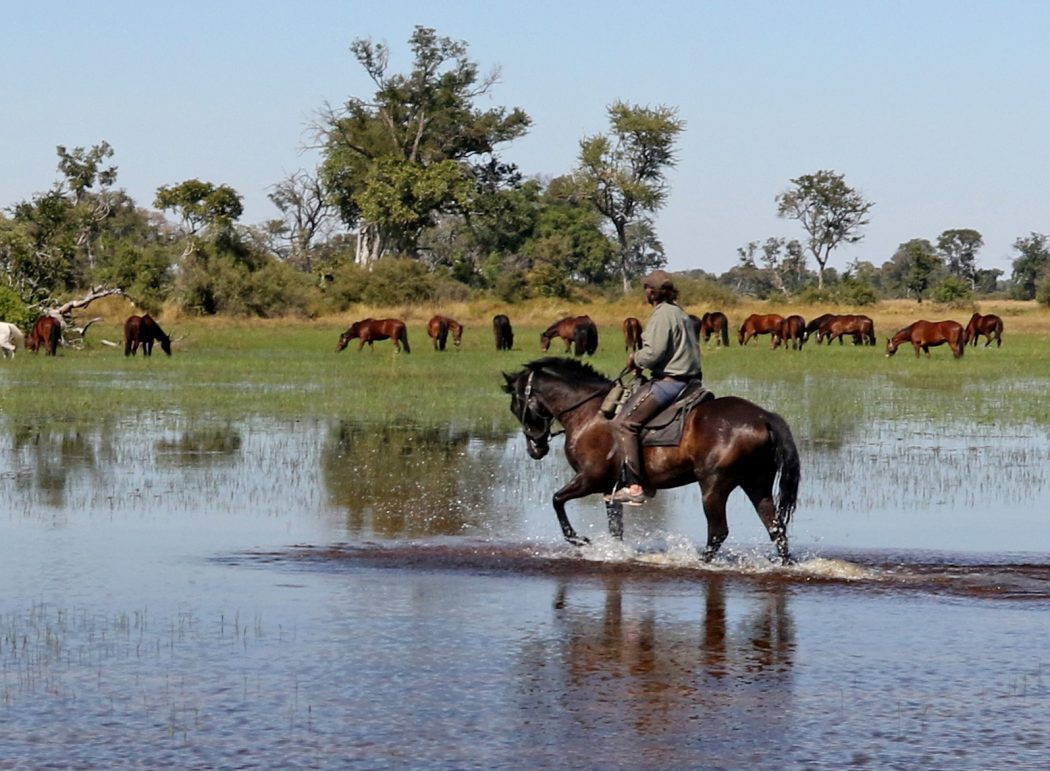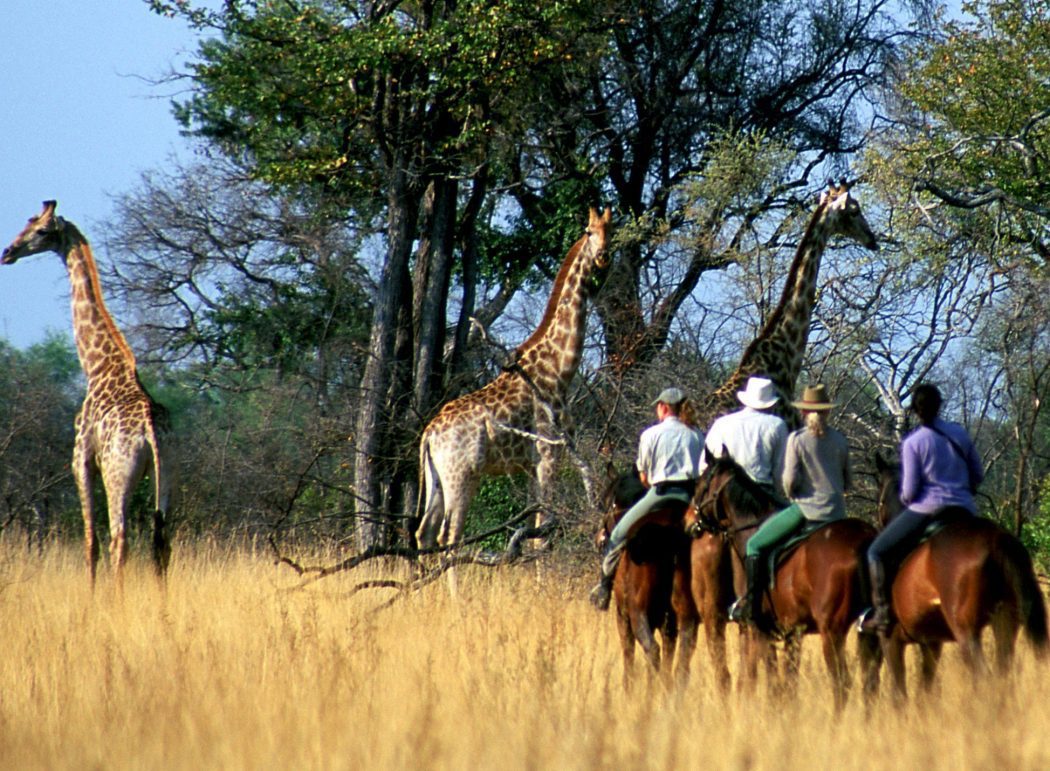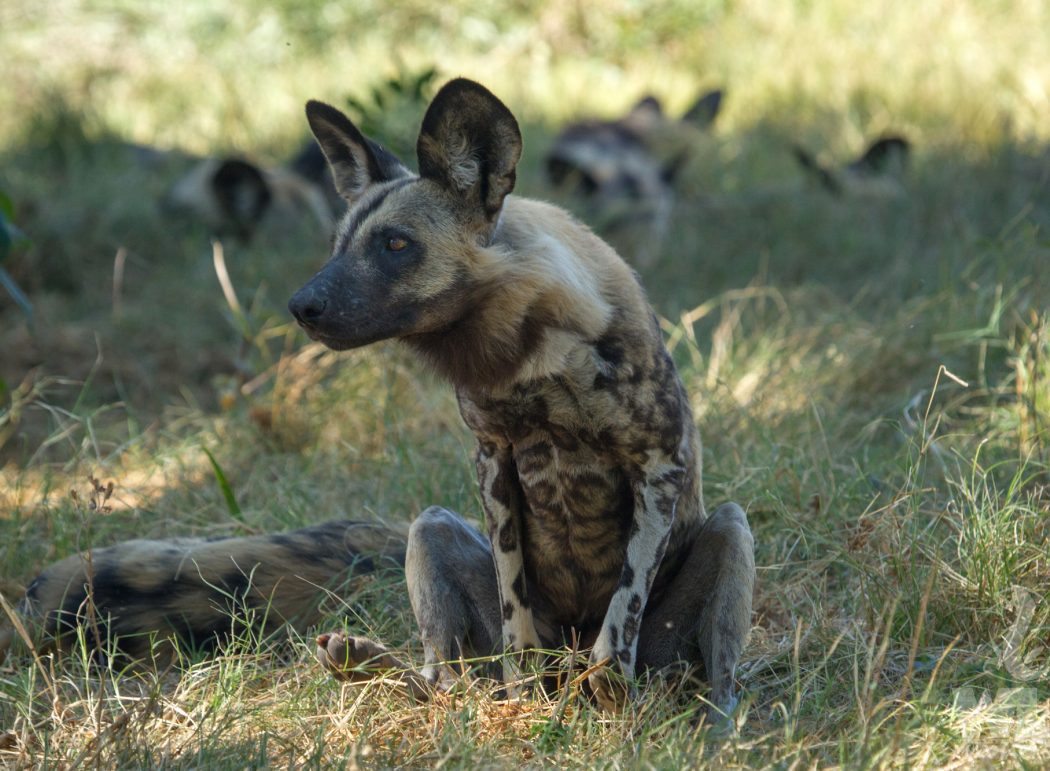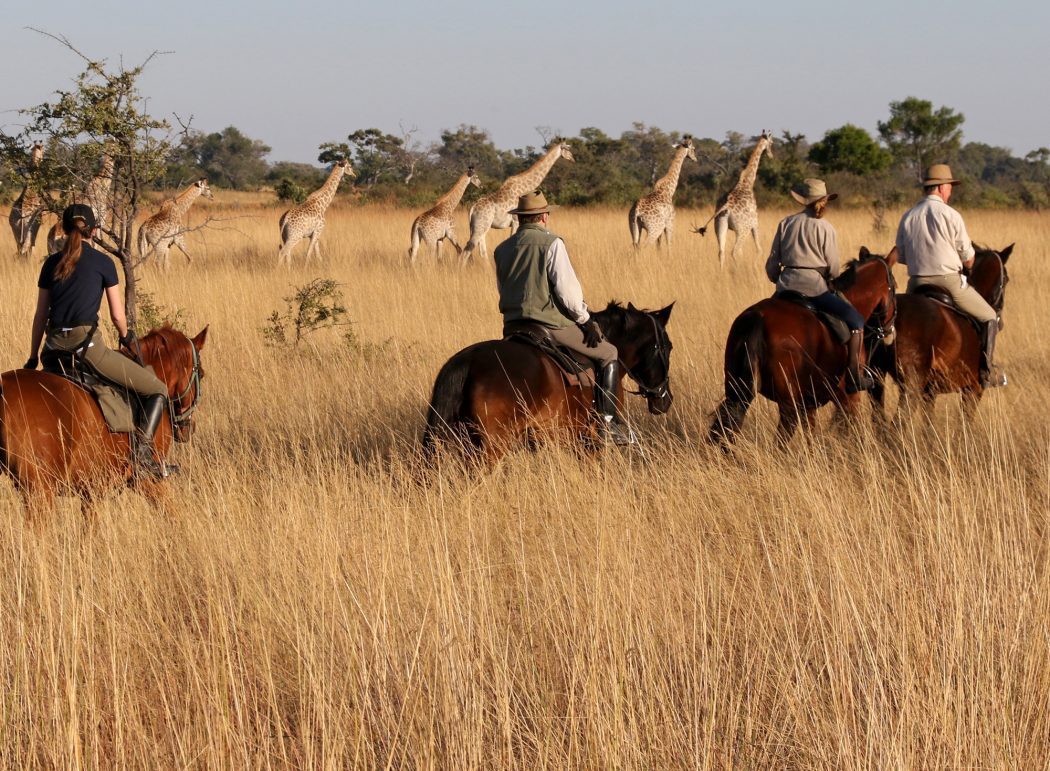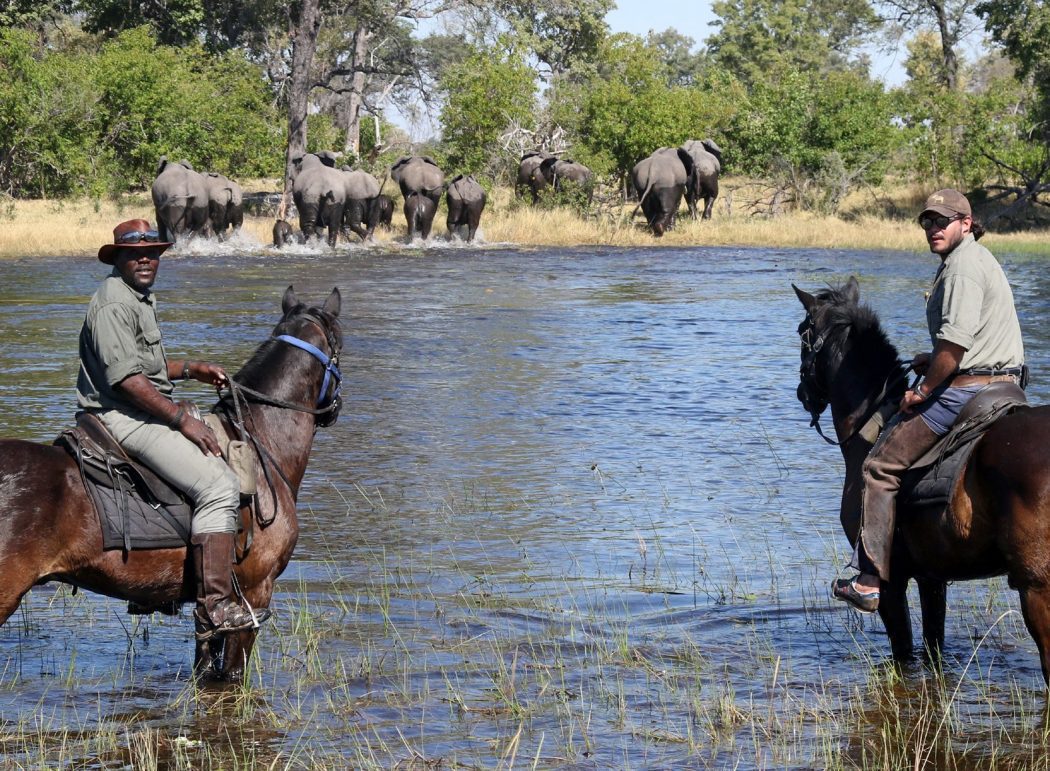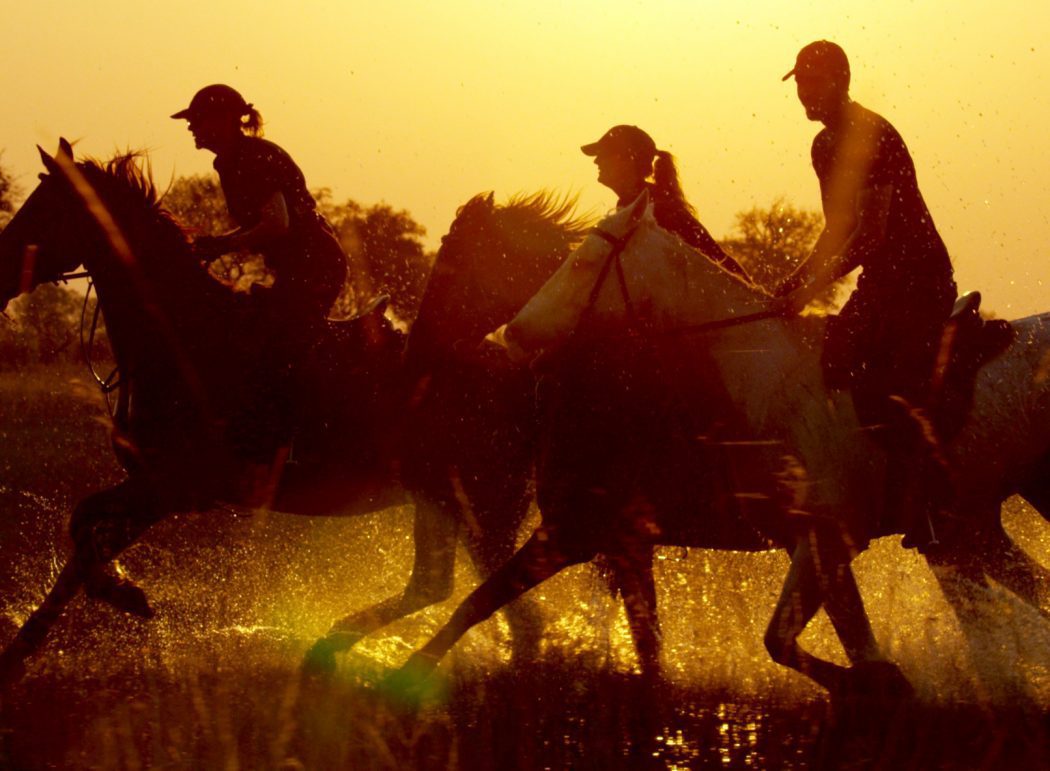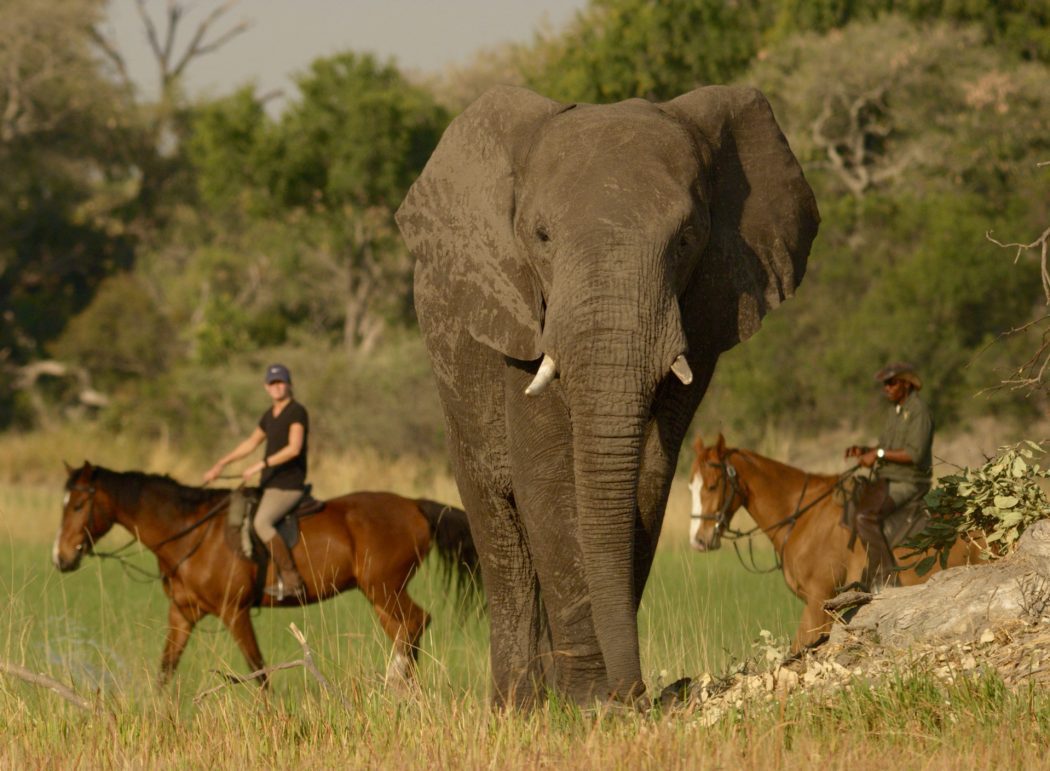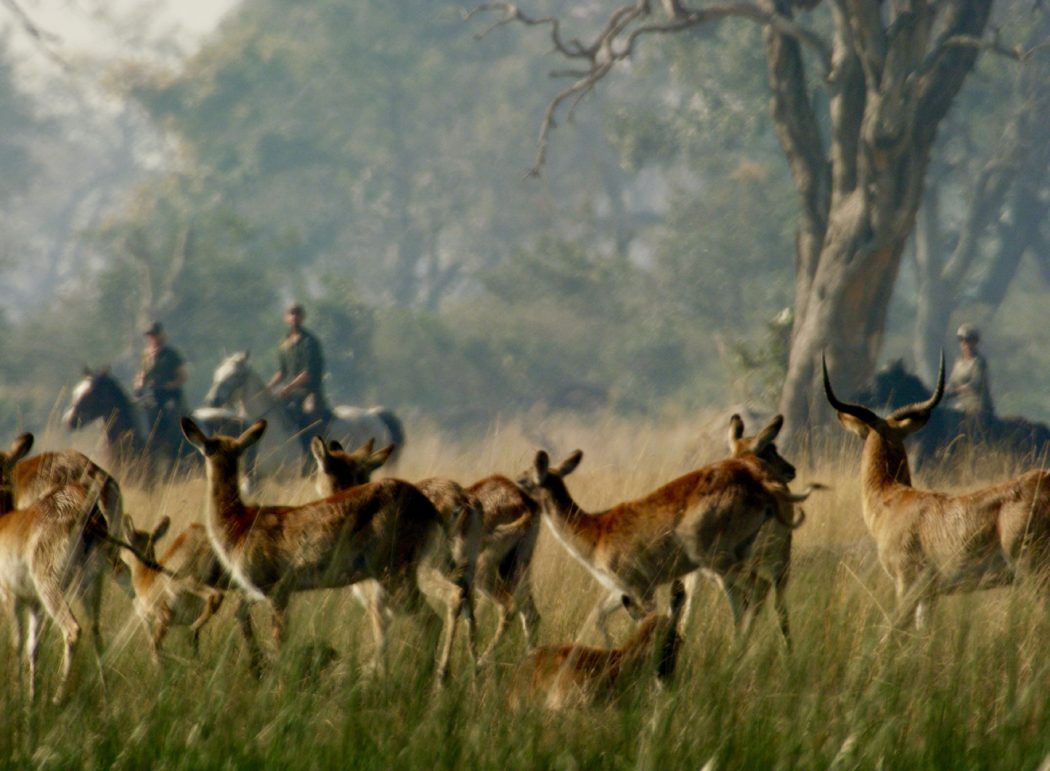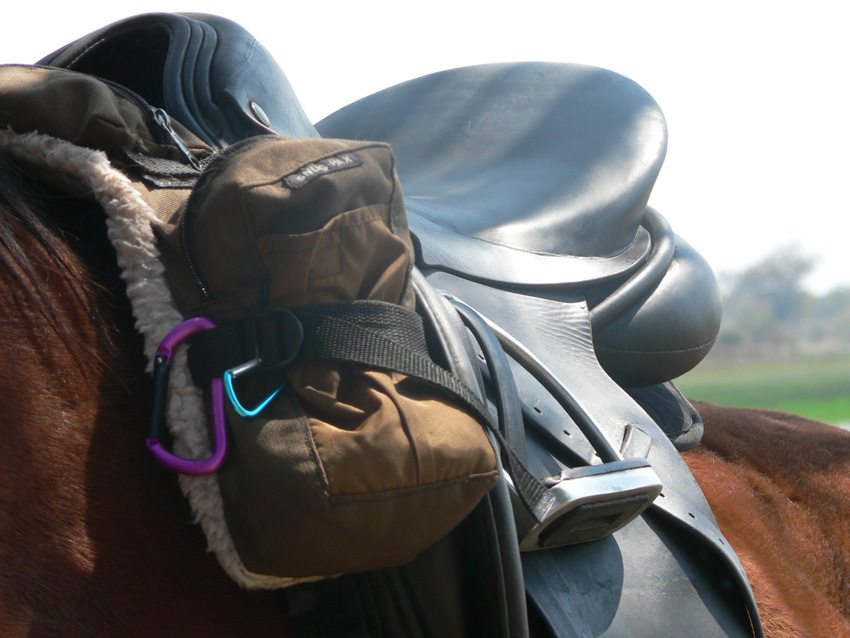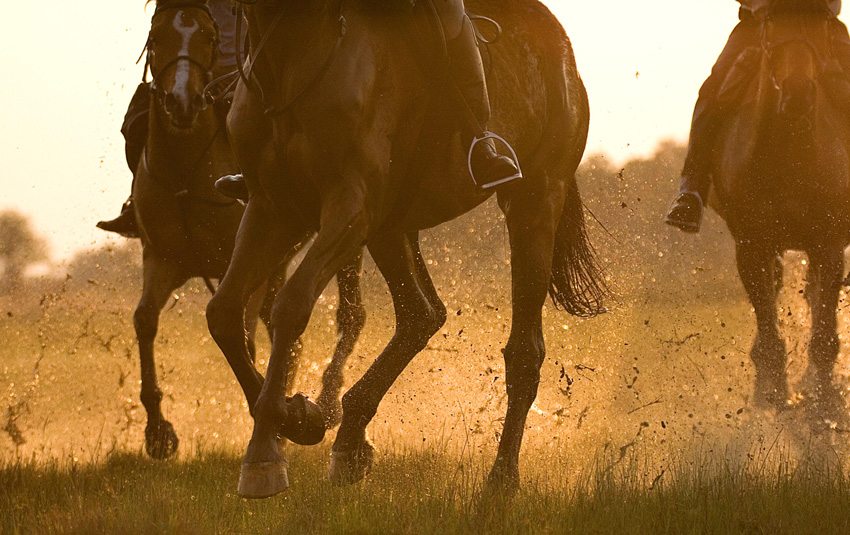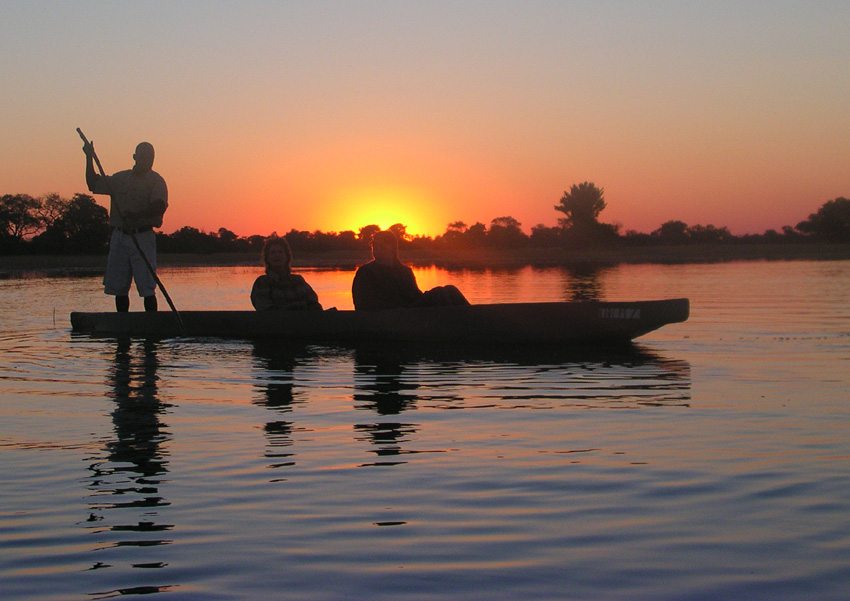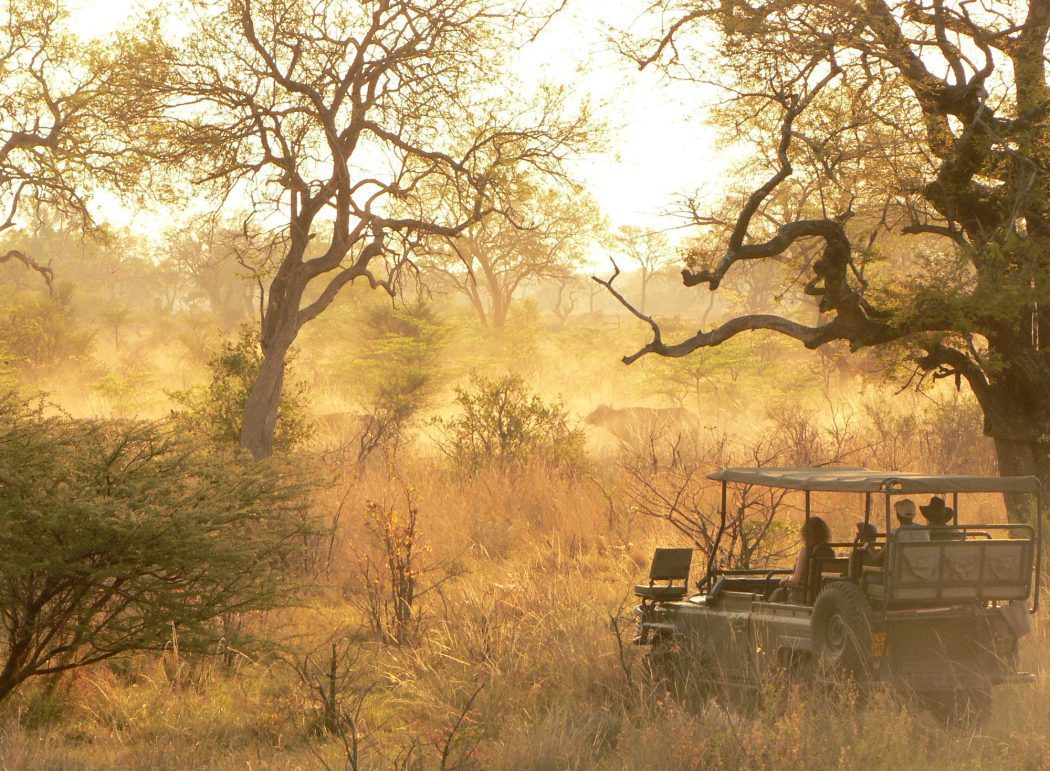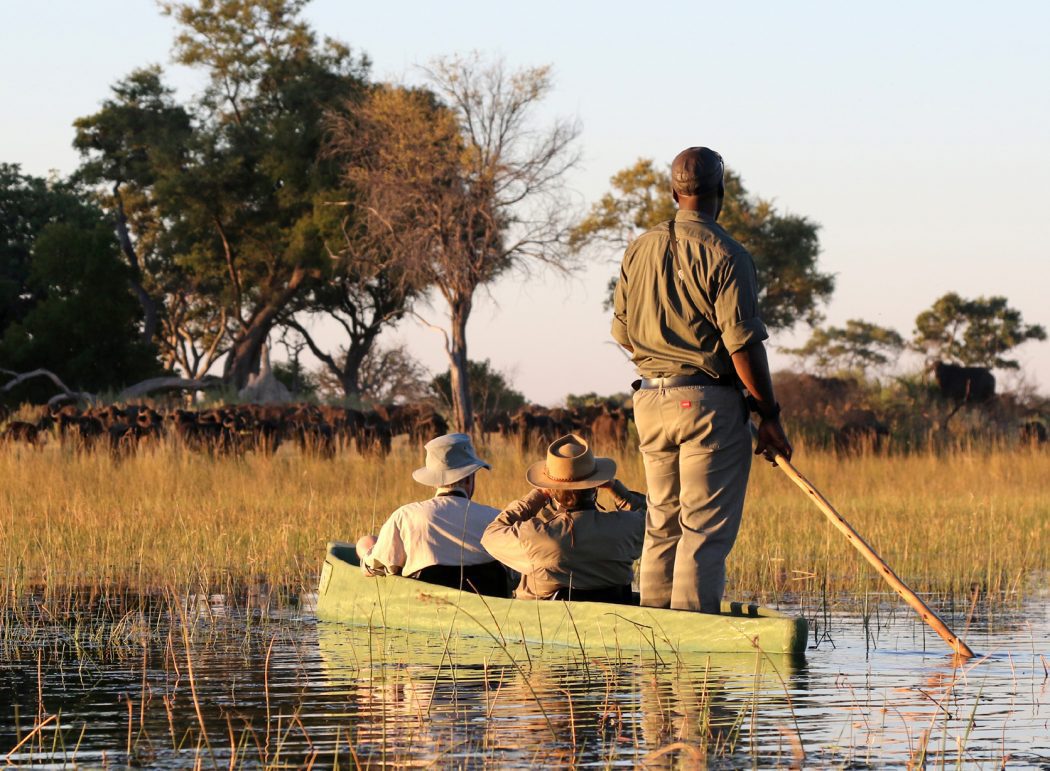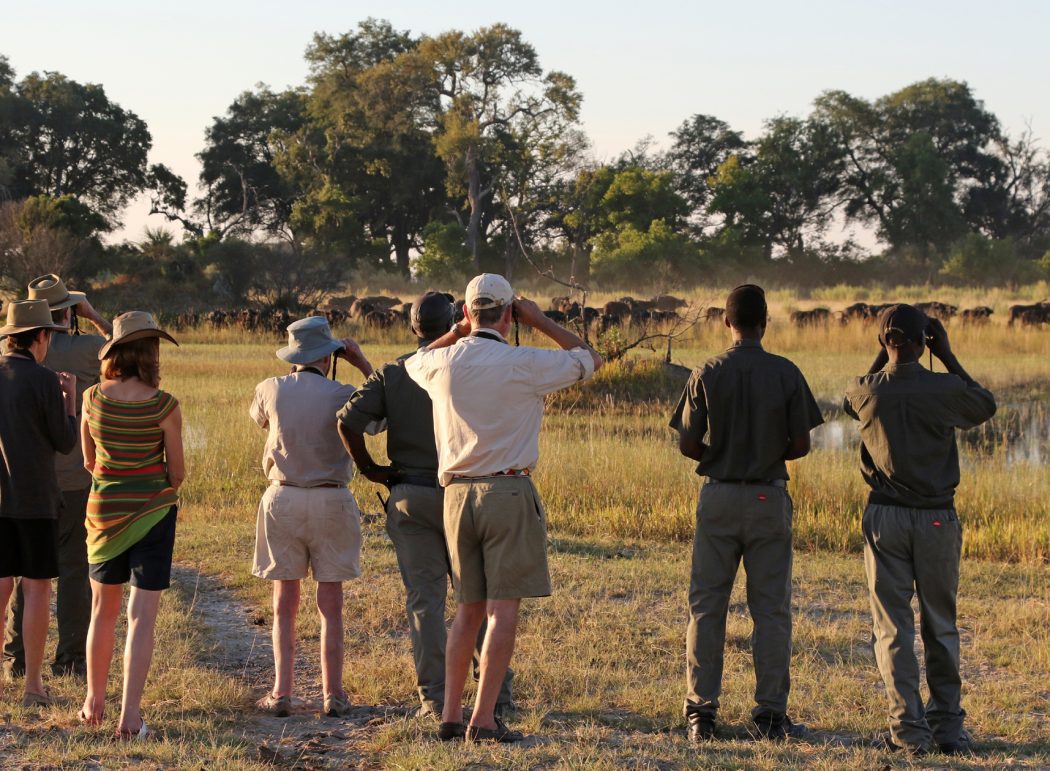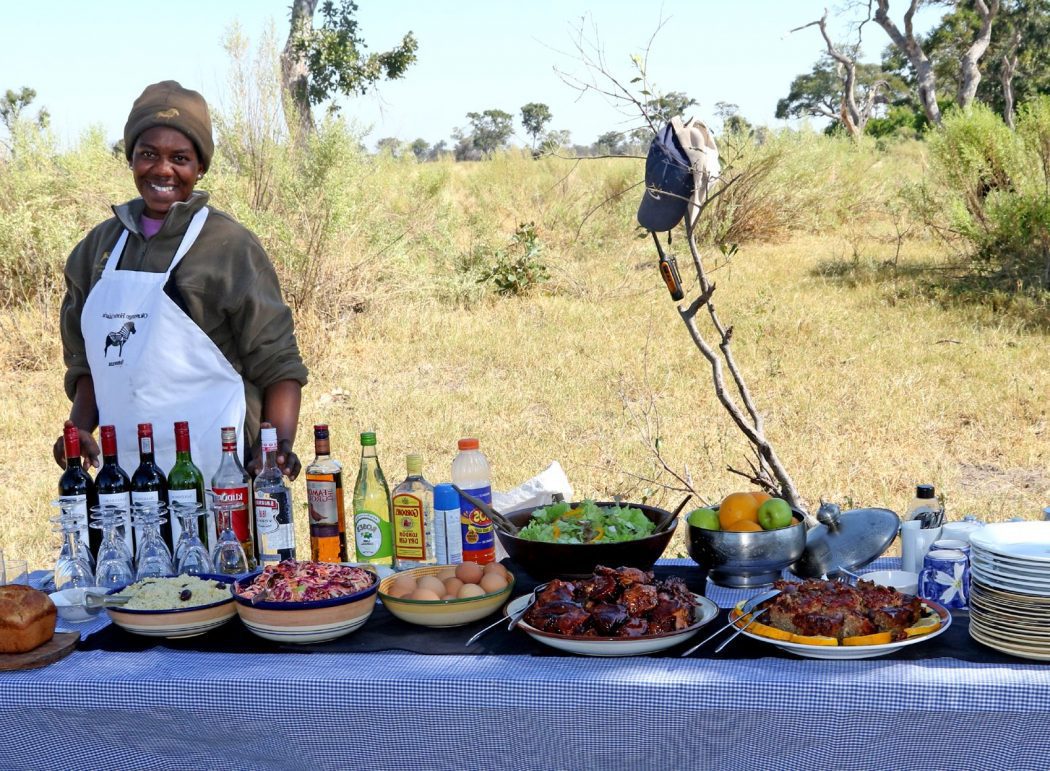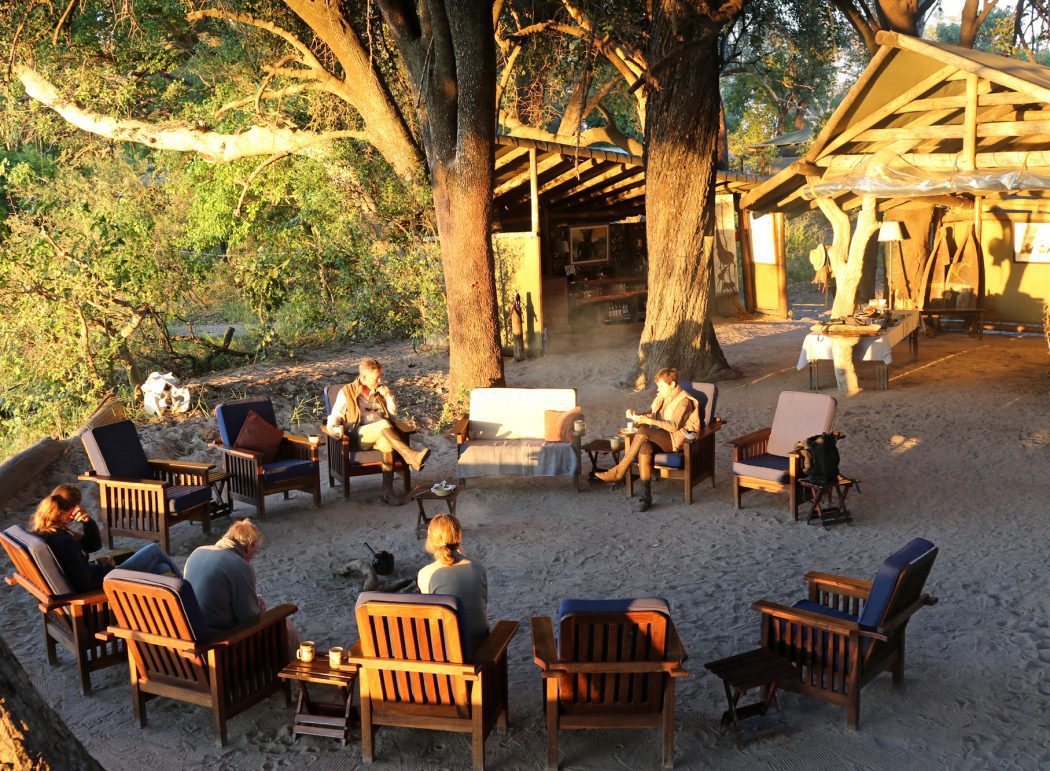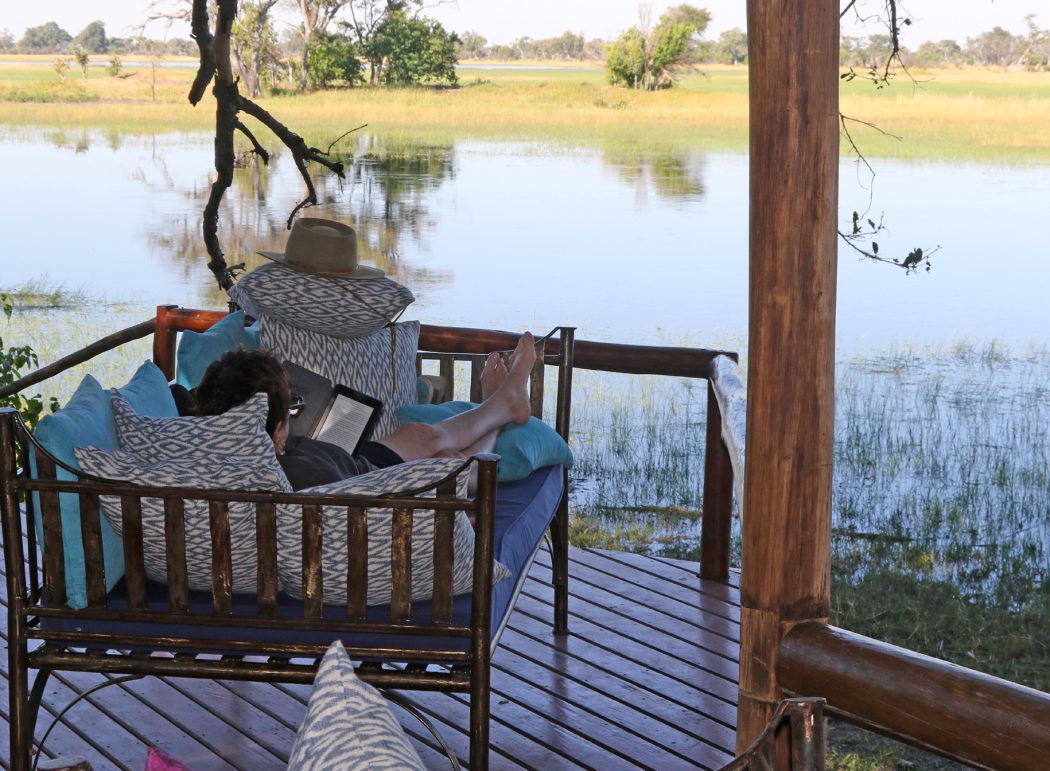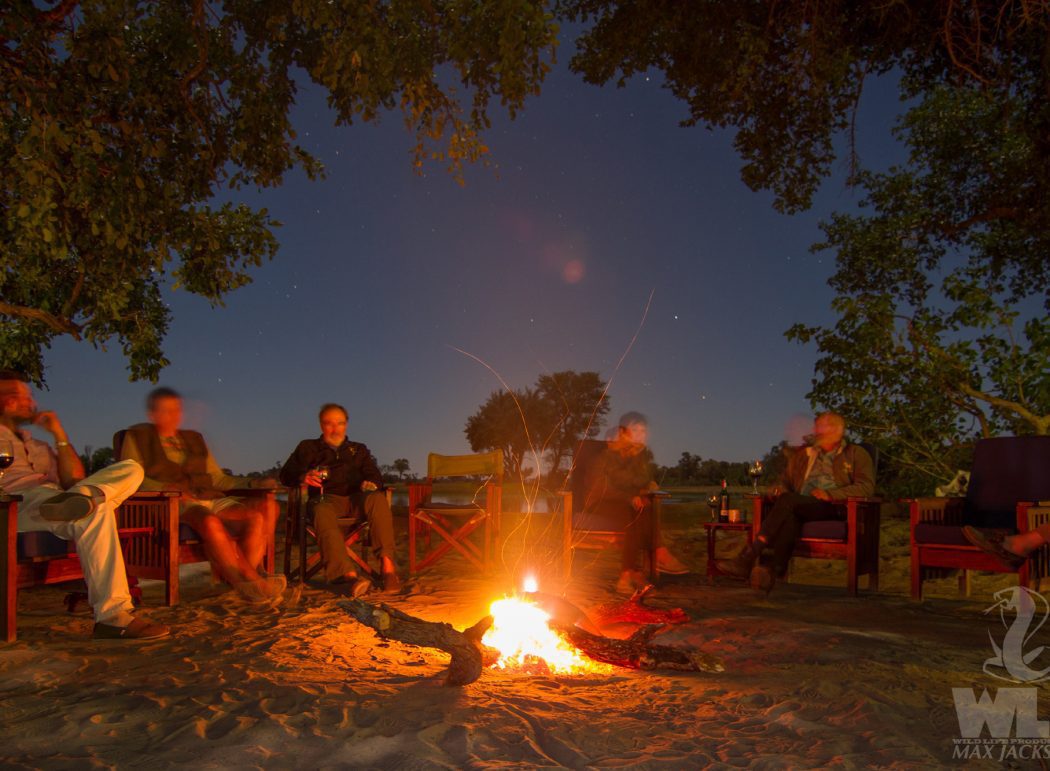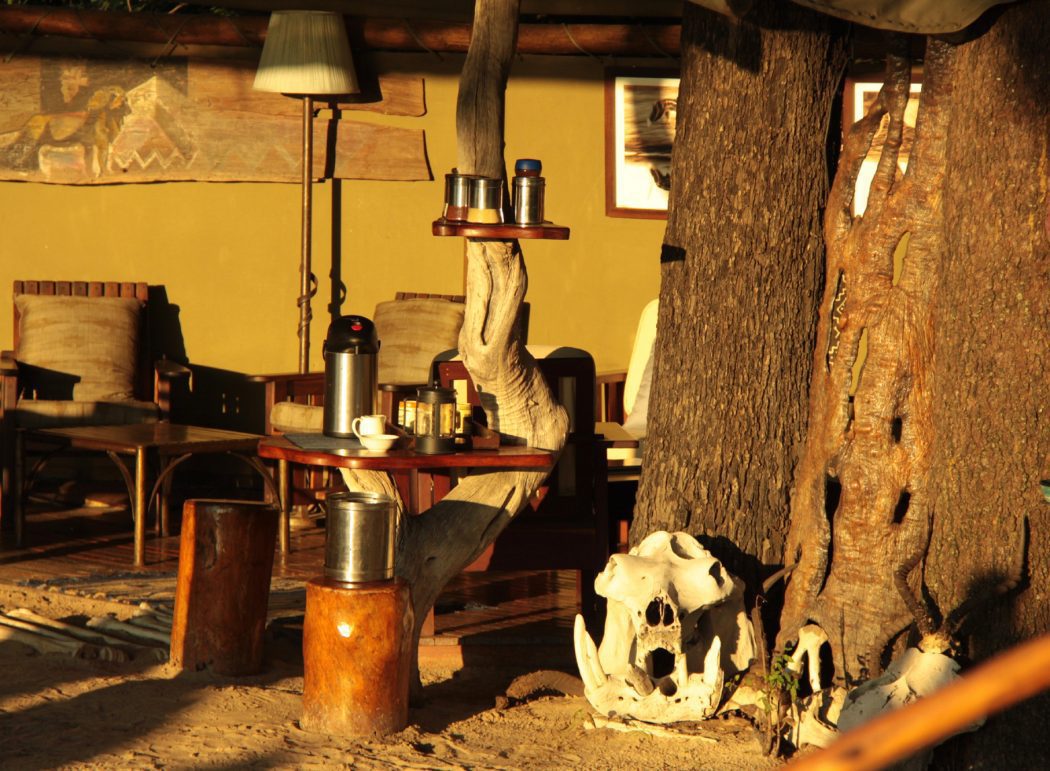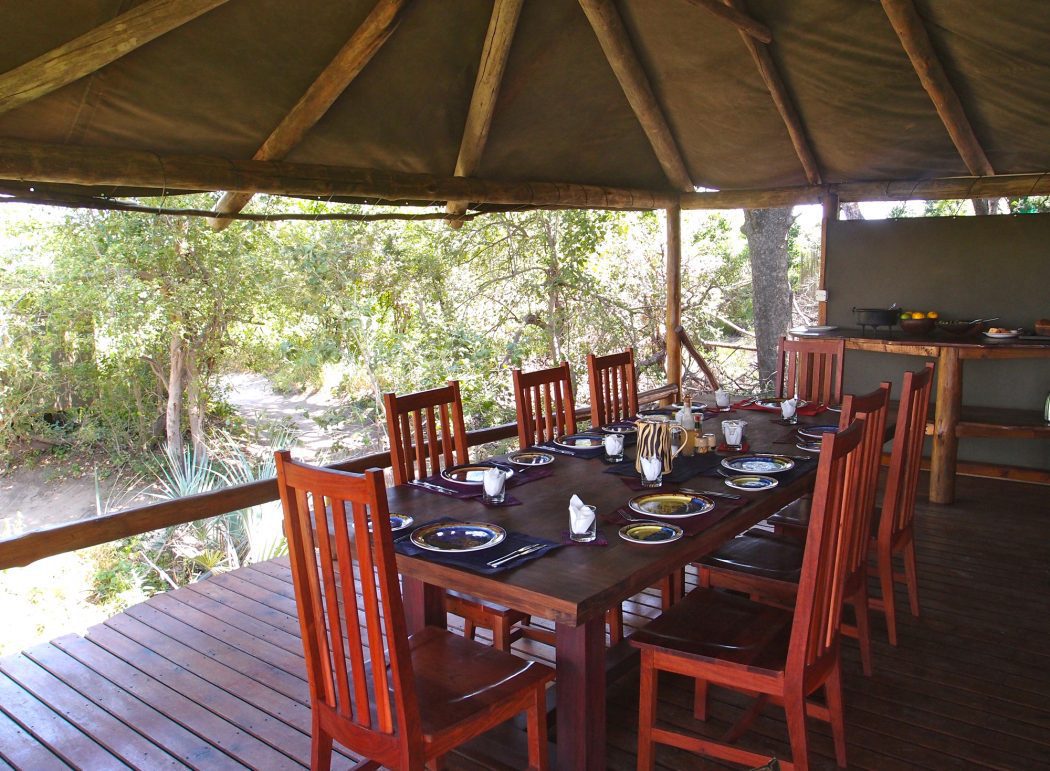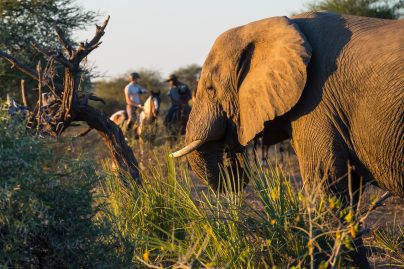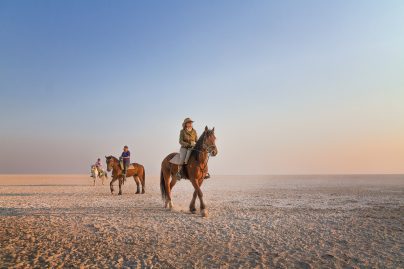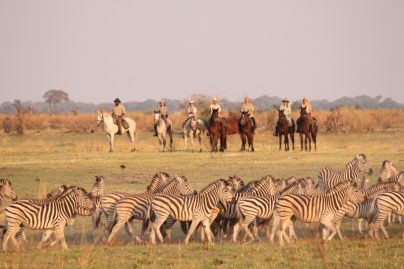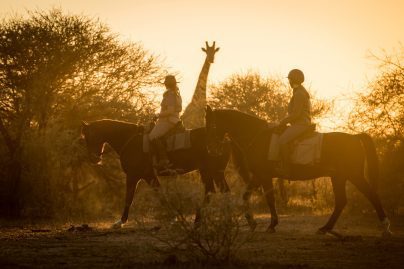You are met at Maun airport by office staff to guide you through the transfer process. A 25 minute helicopter transfer brings you straight to camp; flying into the delta is a special experience and the view from the helicopter is the finest way to start you safari. Other options on transfers are available, light aircraft brings you to Pompom airstrip, from which it is approximately an hour drive by vehicle or boat to camp. Lunch is served while you are given an introduction talk on safety and game viewing from horseback. This is followed by an orientation ride lasting 1-2 hours.
The Tuli Safari is an incredible adventure enabling equestrian enthusiasts to thoroughly appreciate spectacular landscape and a profusion of wildlife that is unique to the Tuli District of Botswana. Experiencing this majesty in a small group aboard willing horses under the guidance of personable and knowledgeable guides is unrivaled. The magic continues... Read more
Robert Savarese, 2013


